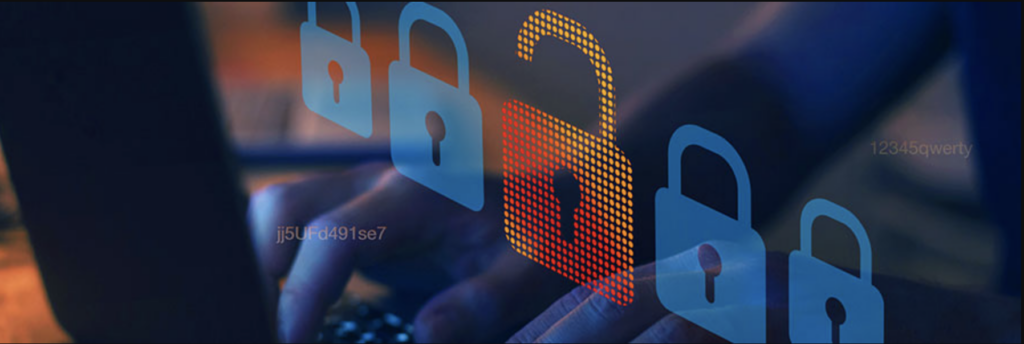Recent cyberattacks on multinational corporations highlight the ever-present risk of data breaches. For businesses of all sizes, a data breach can be devastating, potentially leading to financial losses, reputational damage, and even customer churn.
Continuous Cybersecurity Monitoring Needs to be a Requirement for All Businesses!
10 Easy Steps to Building a Culture of Cyber Awareness
Mitigate risk and proactively secure your business with these tips
Zero Trust Security Needs To Be the New Norm

Zero Trust security is rapidly transforming the cybersecurity landscape. It moves away from traditional perimeter-based security models. In this approach, every connection attempt is continuously verified before granting resource access.
56% of global organizations say adopting Zero Trust is a “Top” or “High” priority.
Key practices to strengthen your email security posture

Email remains a cornerstone of modern business communication, valued for its speed, ease of use, and convenience. However, it also presents a potential vulnerability in the face of cyberattacks. By implementing the following practical measures, you can significantly enhance your email security posture and protect your valuable business information.
Building a collaborative cybersecurity culture with Gen Z employees
Hackers 101: Understanding the different types and what they do

Back in the 1950s, the term “hacker” simply described someone who enjoyed tinkering with computers and pushing their boundaries. However, with the rise of personal computers in the 1980s, the term became associated with individuals who exploited vulnerabilities in computer systems, often teenagers who enjoyed the thrill of breaking into government IT systems.
Simple steps to protect your online presence
Understanding the role of cyber insurance

The evolving cyberthreat landscape poses a significant risk to small businesses. Cybercriminals often target such businesses due to the valuable data they possess and possibly less advanced security measures. To protect themselves, small businesses often implement safeguards including firewalls, data backups, and ongoing cybersecurity training for employees.






